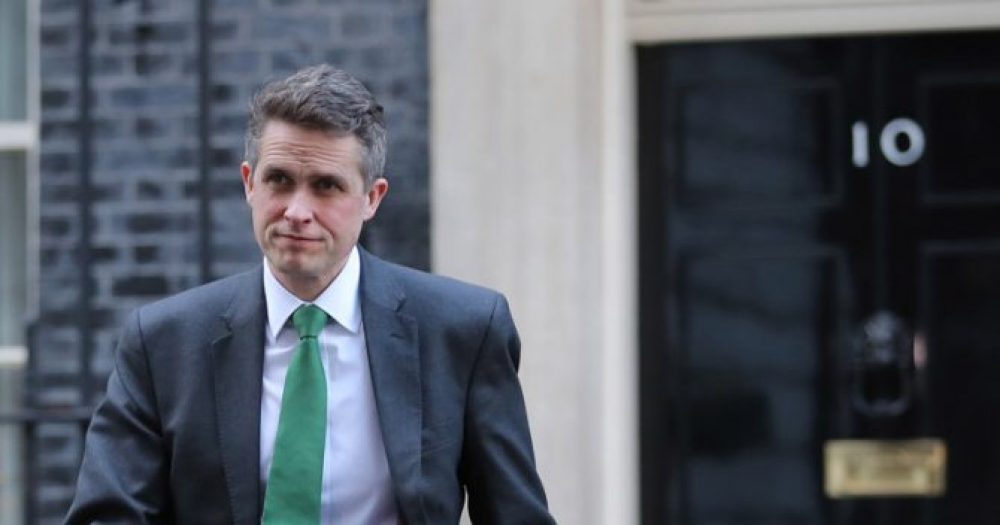Education secretary Gavin Williamson has suggested he first got proper sight of Ofqual’s controversial algorithm – and the troublesome results awarded this year – when they were published publicly.
When challenged over claims he only spotted concerns with the system this weekend, Williamson said the department “consistently” asked Ofqual a “large number of challenging questions” as to whether it was fair and robust, adding “we’ve been constantly reassured about that”.
He added: “Over the weekend… Ofqual released some of the algorithm, and actually shared that quite broadly, and obviously we saw a number of outliers, that just didn’t actually make sense.
“Now, as you’ll know … actually we don’t get any of the detailed data before schools. When we started to see some of these quite concerning outliers – this is where we’re sort of asking questions.
“And when the algorithm came out, not just in terms of concerns raised by Ofqual, but also concerns raised by other external experts in terms of how that has had an impact on certain young people’s grades.
“And that’s why I felt that action had to be taken. And that’s why I always say the key thing is always about doing the right thing for students.
“Having raised these concerns, we’ve obviously always been raising concerns, all the way through this but when we felt that we had this extra data we realised that we had to make sure that we act.”
Some will interpret the comments as Williamson attempting to deflect blame to the regulator Ofqual, and question why he did not see crucial details about the results or algorithm before they were published.
Williamson himself was also the person who instructed Ofqual that the grading system should not allow inflation in results.
In an official direction issued to the independent exams regulator earlier this year, Williamson said Ofqual should “ensure, as far as is possible, that qualification standards are maintained and the distribution of grades follows a similar profile to that in previous years”.
When asked if he will resign, Williamson said he is focused on getting young people “the grades they deserve” and “determined” to make sure they’ve fixed this and “that is what we have done”.
The education secretary insisted on both Tuesday and Saturday last week there would be “no U-turn”. When asked if he regretted that, he said: “When we saw quite clearly the evidence that was being presented to us, on behalf, not just Ofqual, but also external experts on this field, it became apparent and clear to me that there were in justices within the system, and I think it is my job to make sure that that’s put right and that’s what I’ve done today.”
He also admitted his “triple lock” appeal promise has been ditched. While there will be an appeals process based on errors in grades, the ability to challenge on a mock grade is no longer.
When asked if Sally Collier, Ofqual chief regulator, should resign, he said she was a “dedicated” public official and the DfE and Ofqual “are focused on key aspects of making sure we get youngsters with grades they deserve”.
Williamson also said he’s working on including BTECs in the grading U-turn.



The expectation of the Education Secretary’s resignation is completely justified. We can thank our good fortune that he didn’t heed an “algorithm” during his brief tenure as Defence Secretary and, literally, push the nuke button. It should be crystal clear by now, even to this administration, that the future that Britain is seeking is not about algorithms, it’s about people; and not about two-thirds of the people, but about all of us. In any civilised democracy worthy of the description, politics is not about ideology, it’s about good judgement, and I have not seen so little of that in Westminster for forty years.